How Important Are Septic Systems?
According to the EPA, over 60 million people in the country use septic systems. Roughly a third of all new development relies on septic or other decentralized systems. Clearly, septic systems serve a lot of people and make life easier, but how important are they? In this article, we look at the importance of septic systems and how they work.
How Do Septic Systems Work?
Septic systems are not part of centralized sewer systems, and they are an alternative method for wastewater treatment. If you have a septic system on your property, this is where all the wastewater from your household plumbing goes, be it water from your laundry or kitchen and bathroom drains. A septic system is typically made up of two parts, which are the underground septic tank and a drain field or soil absorption field. The septic tank contains bacteria that break down waste. Because of the action of bacteria, wastewater is separated into sludge which sinks to the bottom, and scum which floats to the top.
The scum is usually composed of fats, grease, and oils and is prevented from leaving the tank by strategically placed compartments and a T-shaped outlet. This leaves effluent that seeps into the surrounding gravel via holes in the drain field. The wastewater is further treated as it seeps through different layers of soil, and it's clean enough by the time it. reaches groundwater.
The Importance of Septic Systems
Now that you have a basic idea of how septic systems work. Let's look at the importance of these decentralized wastewater systems.
They Are Environmentally Friendly
One of the biggest advantages of septic use is that they are good for the environment. Keep in mind that the septic tank relies on bacteria to break down solid wastes. The effluent is then discharged into the soil, where it is further filtered. This natural filtering process is what removes the bacteria and the rest of the waste so that the water is safe to reuse. Overall, septic tanks do a good job of preventing contamination of the environment and underground water. Usually, centralized water treatment relies on chemicals to treat wastewater, but this is not necessary with septic systems. Instead, only the combination of bacteria and soil is used to treat the water.
The positive effects of septic systems on the environment are far-reaching. If you have a septic system, the treated water seeps into the soil, where it helps to replenish the water table naturally. In turn, the water table supplies clean water to the surrounding ecosystem. By recycling wastewater, you prevent contamination of the environment while benefiting your local ecosystem. Therefore, having a septic system is one of the best ways to shrink your carbon footprint.
They Help You Save Money
Septic systems are an extremely economical way of treating wastewater. First, septic systems are built to be durable since they're usually made of fiberglass, concrete, or polyethylene. Your septic tank can even last a lifetime if it's properly maintained and pumped every three to five years to remove the sludge that has settled to the bottom. So once you invest in a septic system, it can serve you for decades. The good news is, installing a septic tank is usually a more affordable option than installing pipes to connect to a public or centralized sewage system.
A septic system is even more affordable if your property has more square footage, depending on your location. What's more, you'll save more in the long run by opting for a septic system. You don't have to spend a ton of money on maintenance as the septic system only has to be pumped every three to five years. In addition, regular maintenance ensures that any issues are easier to fix, which saves you from expensive repairs. Hence, a septic system can help you reduce your plumbing bill.
They Allow For On-Site Water Treatment
One of the best things about septic tanks is that they have their own filtration system. Septic tank filters are designed to prevent waste and solids from leaving the tank and contaminating the environment. As the effluent leaves the tank, it passes through several compartments that have very fine slots to capture any large particles. The important thing about all this is that you don't have to be affected when something goes wrong with the city sewer systems. In addition, if something is wrong with your plumbing, the problem is much easier to diagnose and fix. The fact that your household's wastewater is treated onsite makes it easier for a septic company to locate any issues and fix them quickly. The other thing is that if your septic system is working correctly, you also don't have to rely on the safety of public sewer systems.
Protects From Waterborne Diseases
When you look at the way septic systems are set up, it's almost amazing that your household can produce wastewater and sewage that's treated in the most natural way possible and ends up replenishing the water table without contaminating the environment. Therefore, it's safe to say, when a septic tank is working properly, it protects against waterborne diseases and safeguards the health of your family. Remember that when you flush the toilet, the contents also end up in your septic tank. If the fecal matter were not broken down, the pathogens in it could end up contaminating the water supply. When the water from the septic tank seeps into the soil, it's usually reused in many ways, mainly to recharge groundwater.
If the groundwater is not treated correctly, then it's all too easy for waterborne diseases to spread. By preventing surface water pollution and contamination of underground water, septic tanks can prevent a wide variety of waterborne diseases, such as cholera and dysentery. Over the years, as wastewater technology has continued to improve, septic systems have become more and more efficient at what they do, so you can always have peace of mind from knowing that your septic tank is well-equipped to protect your family from disease.
Taking Good Care of Your Septic Tank
Now that you understand the importance of septic systems, it's crucial that you take steps to ensure that your septic tank is in good condition. To properly care for your septic tank, you must be careful with the type of waste that you discard down the drain. For instance, you must not pour fats, oils, and grease down the drain. This not only leads to clogs as the grease solidifies inside the pipes, but it also interferes with the bacterial ecosystem inside the septic tank such that the bacteria no longer breaks down waste in the septic tank efficiently.
You should also avoid using chemical cleaners — use biodegradable cleaners — or throwing coffee grounds, diapers, sanitary napkins, wipes, or paper towels down the drain. In addition, it's important to schedule a regular professional inspection, maintenance, and pumping for your septic tank. That way, you can be sure your septic system is working correctly or take steps to fix potential issues. This increases the lifespan of your septic system and ensures you can enjoy all the benefits that septic systems have to offer.
In conclusion, septic systems are an essential part of your household as they collect all the wastewater you produce. Your septic system is designed to treat sewage effectively to prevent contamination of the soil. The treated water is clean enough to be reused for other purposes, which brings us to another valuable benefit of septic systems. In a nutshell, septic systems enable the safe disposal of wastewater or sewage, which is an essential service, especially in rural areas where centralized systems are not common.
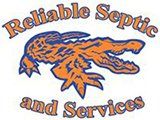
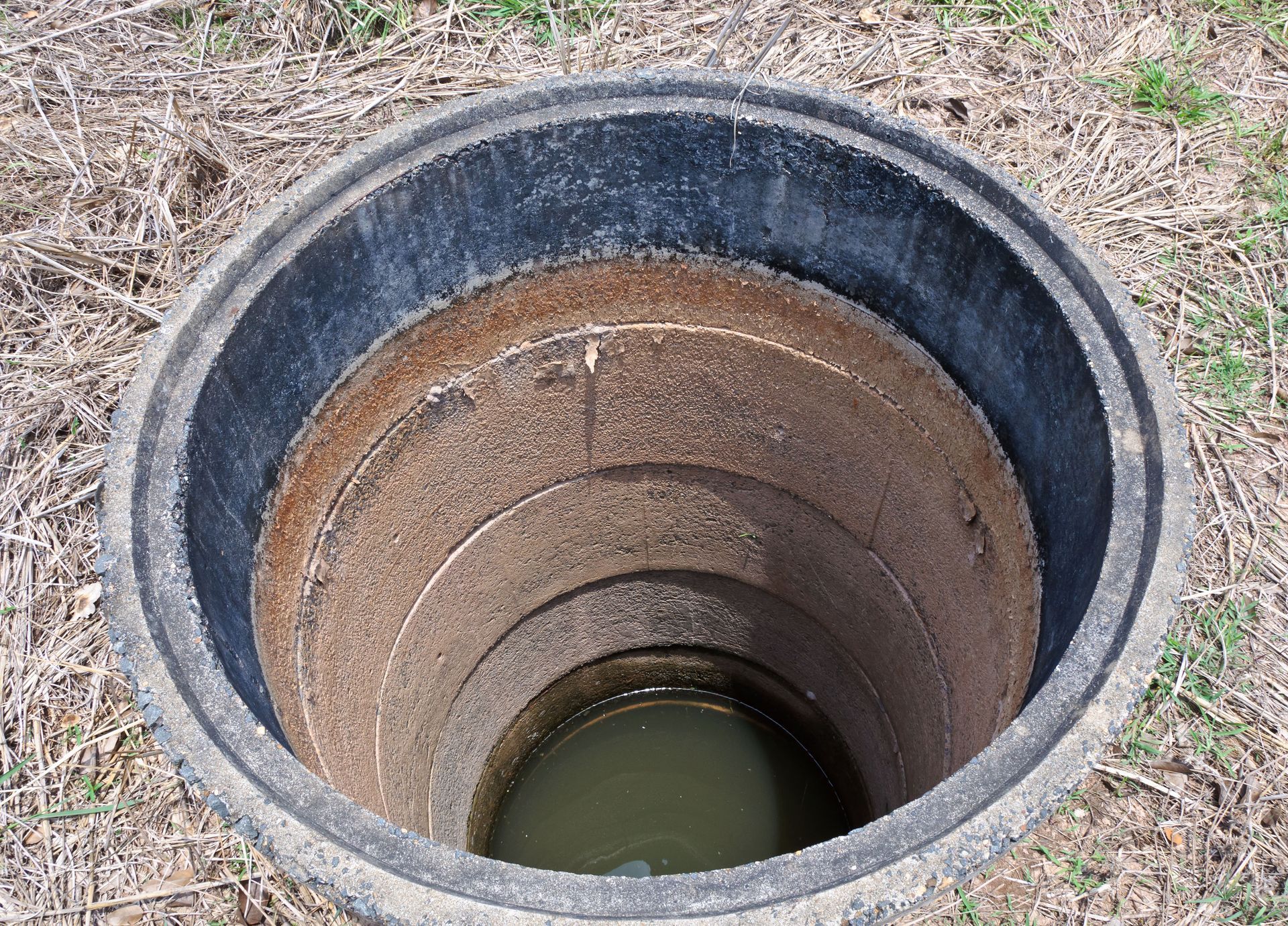
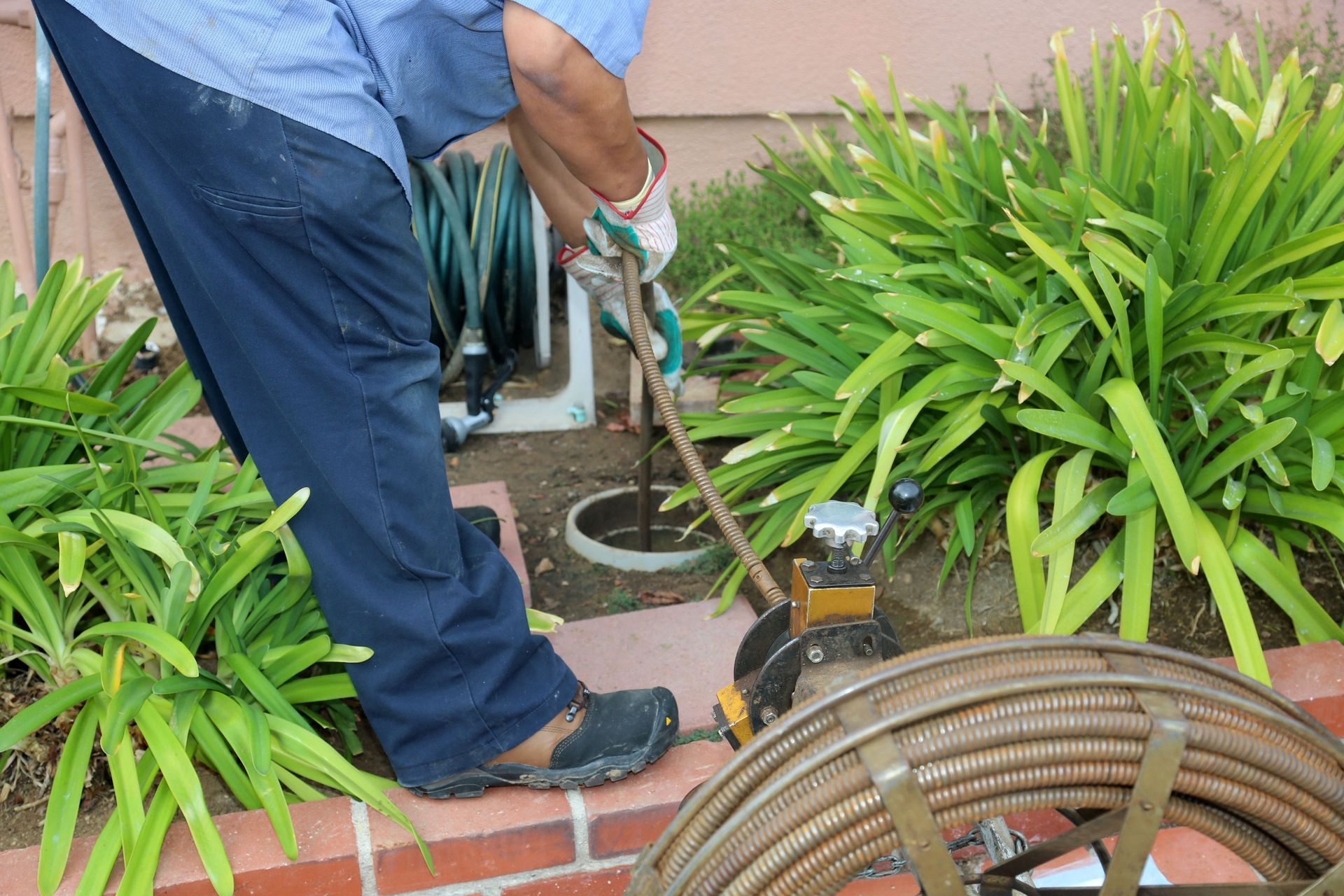
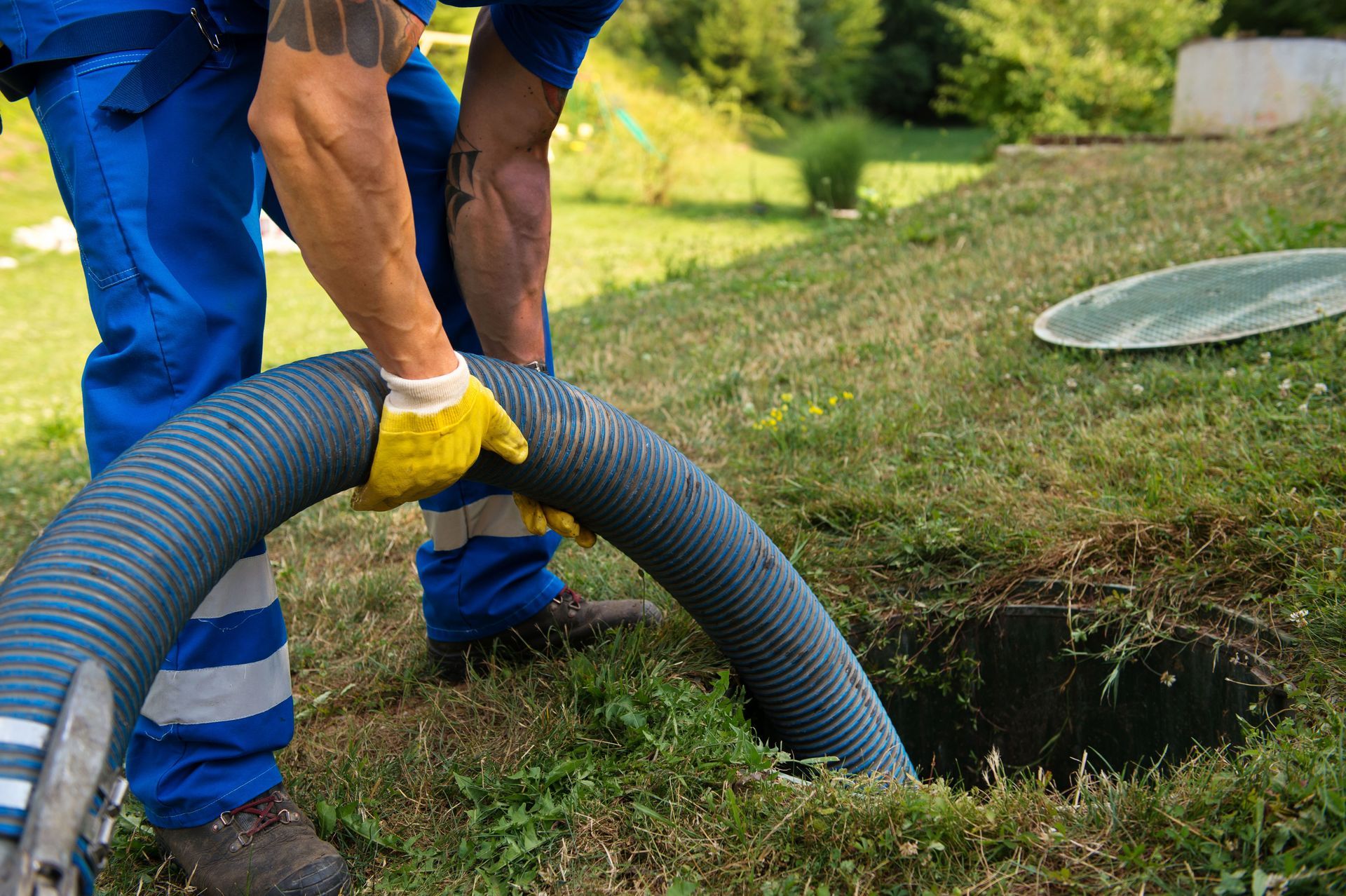
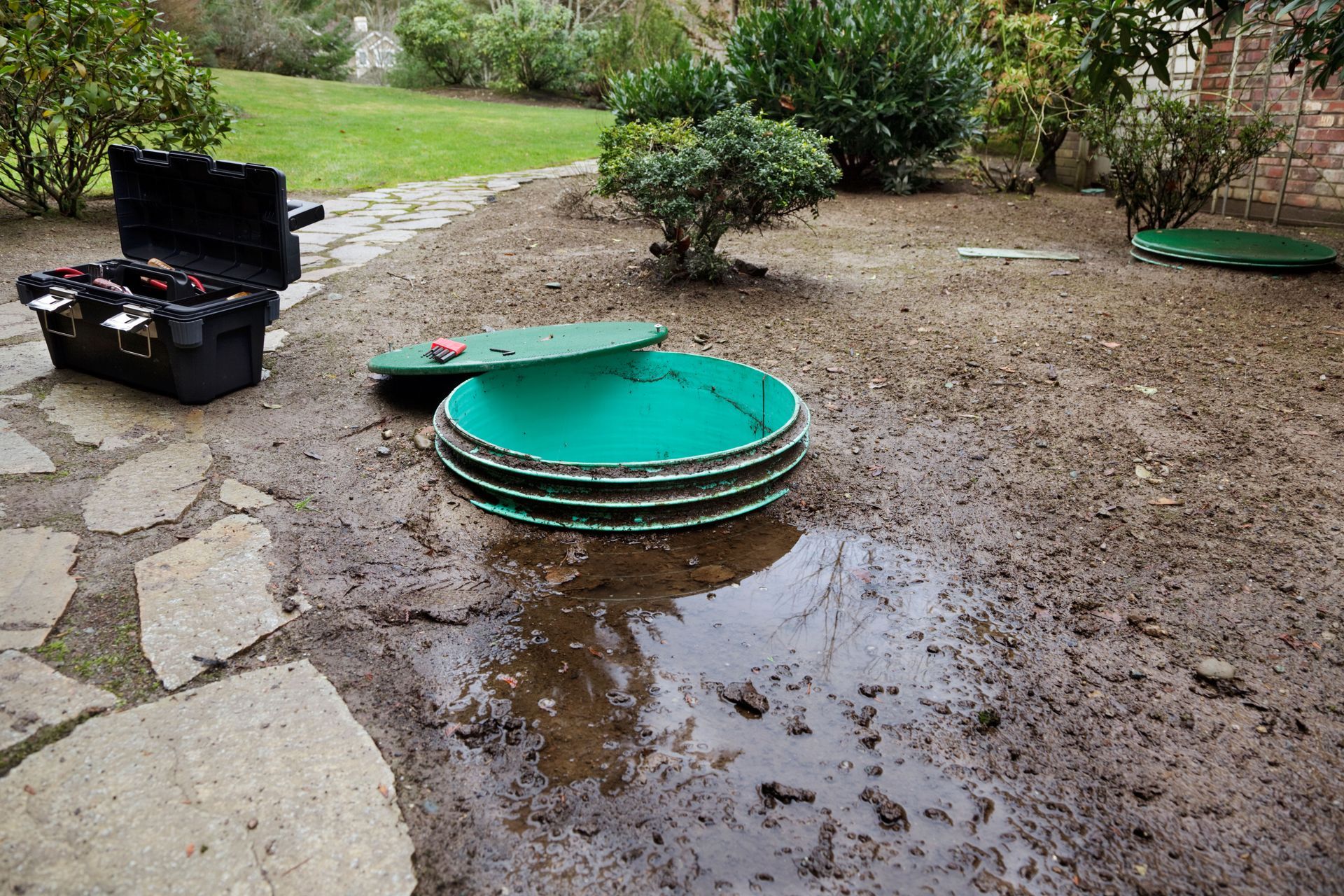
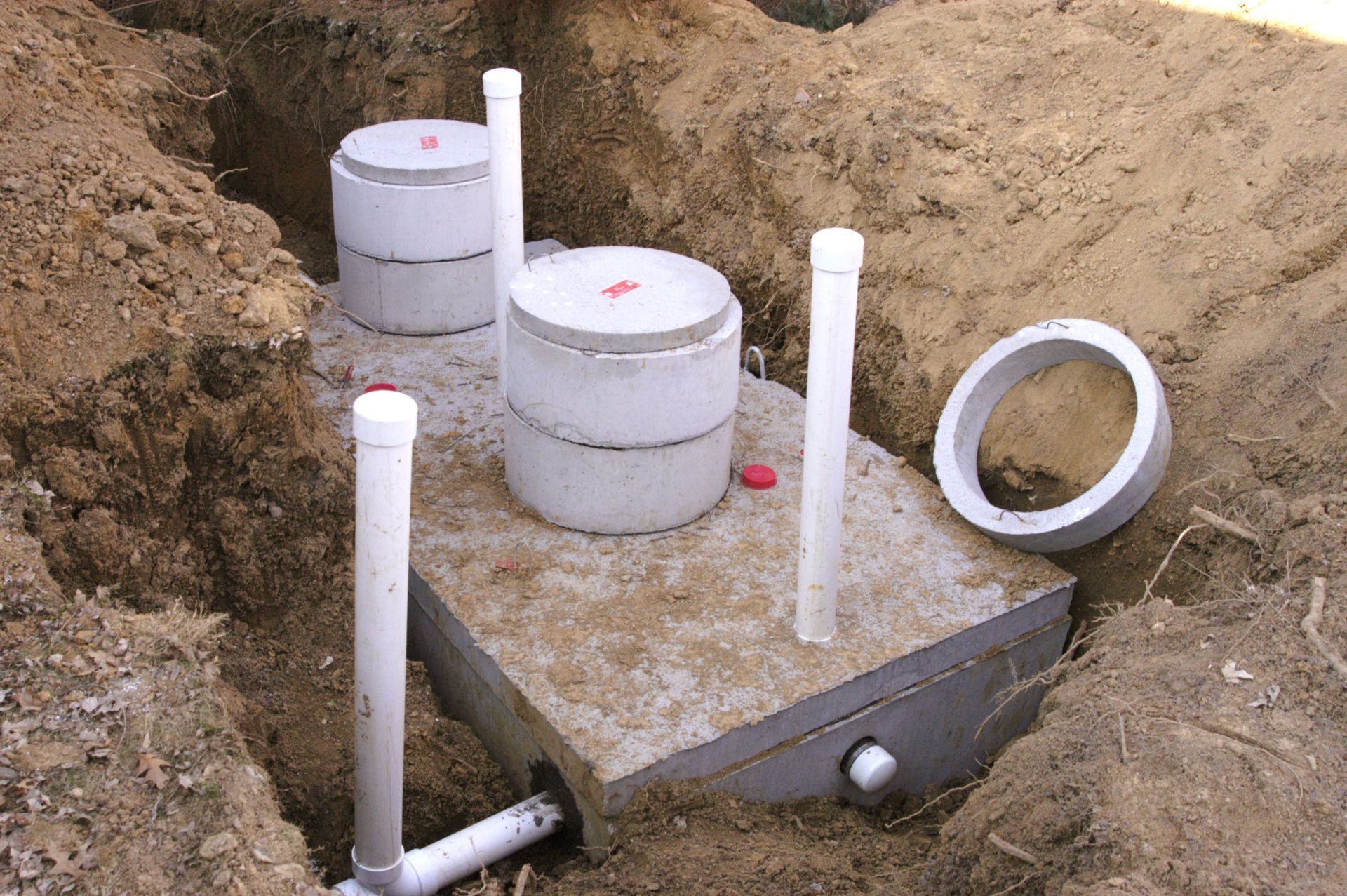
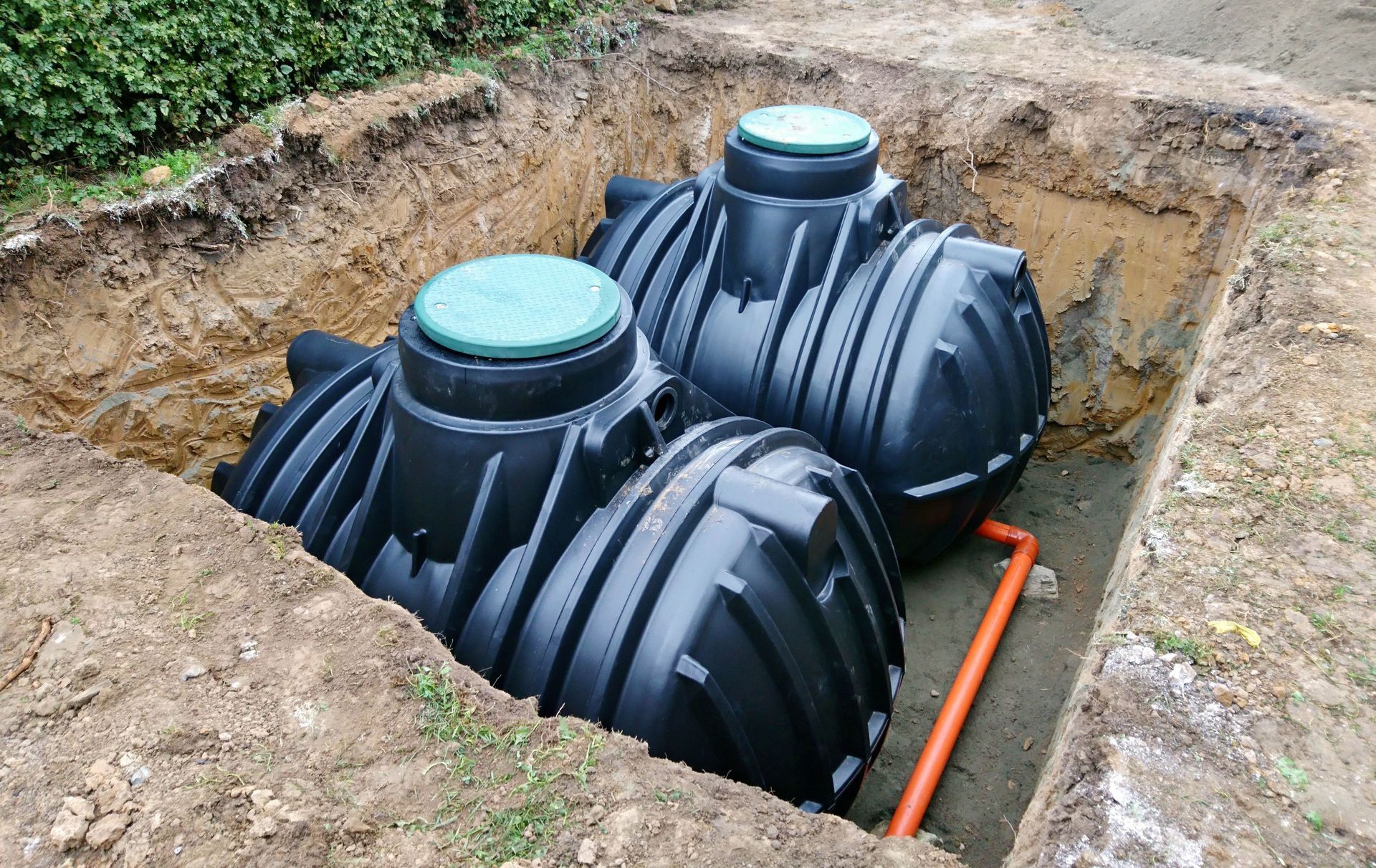
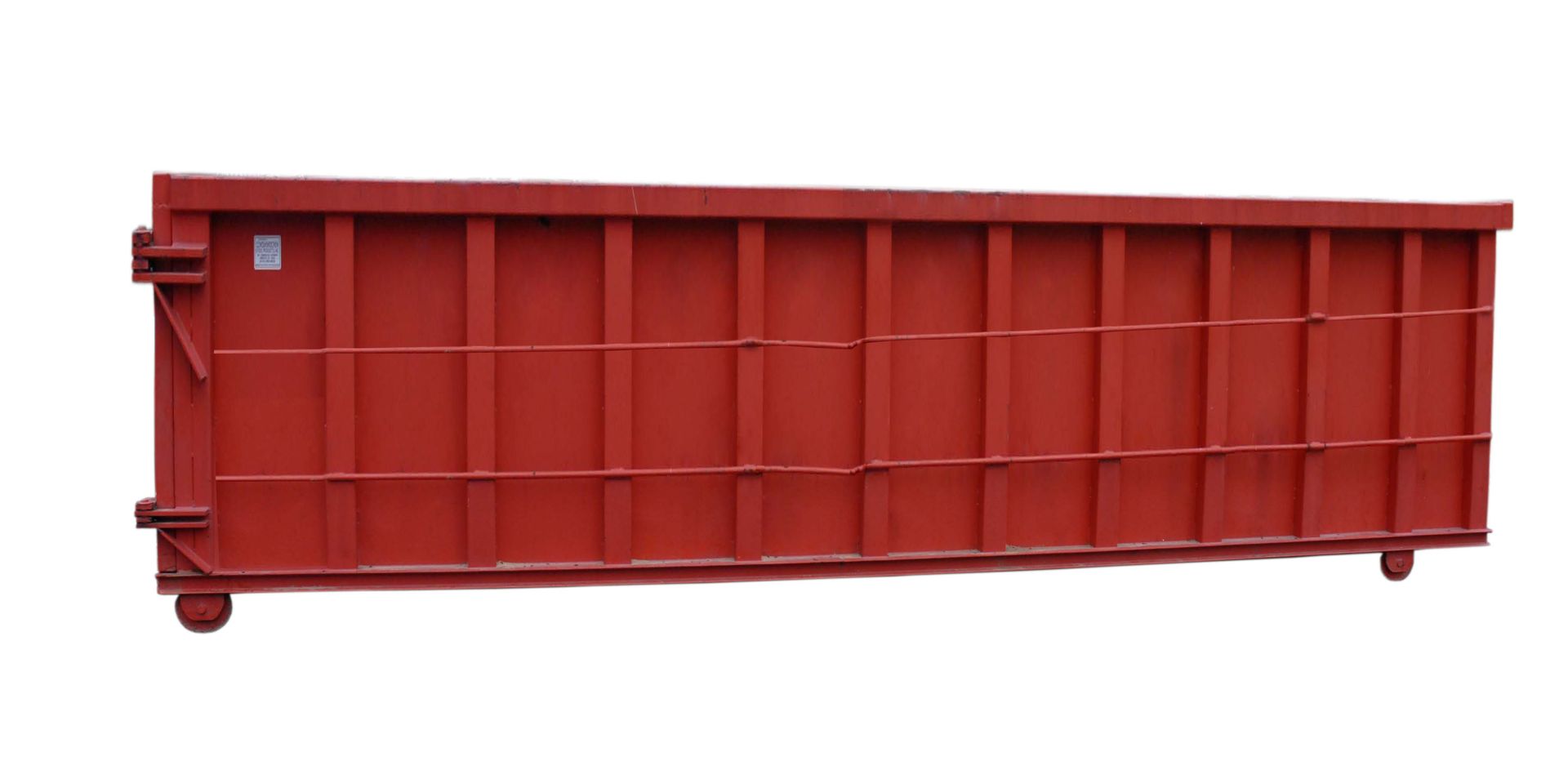
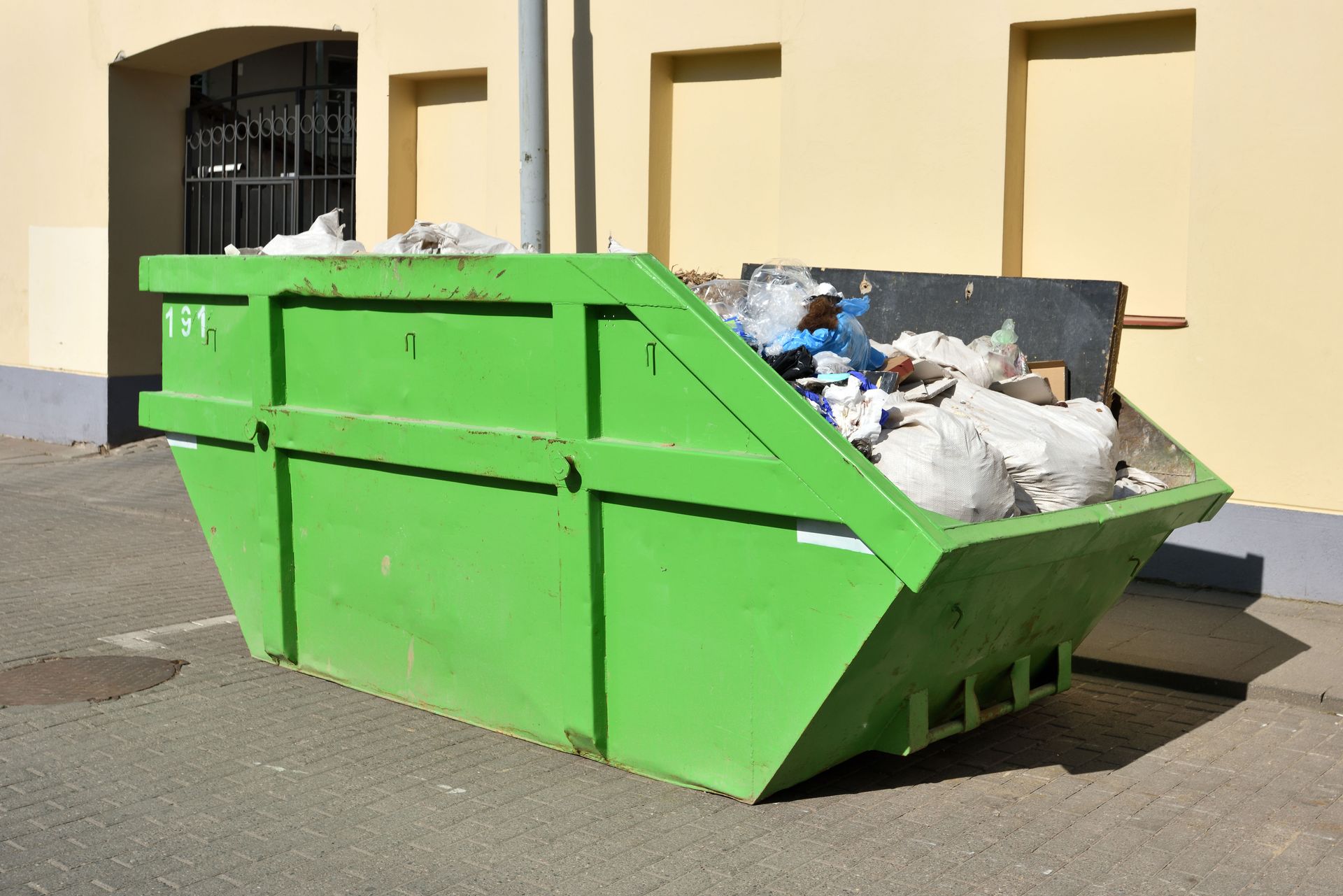
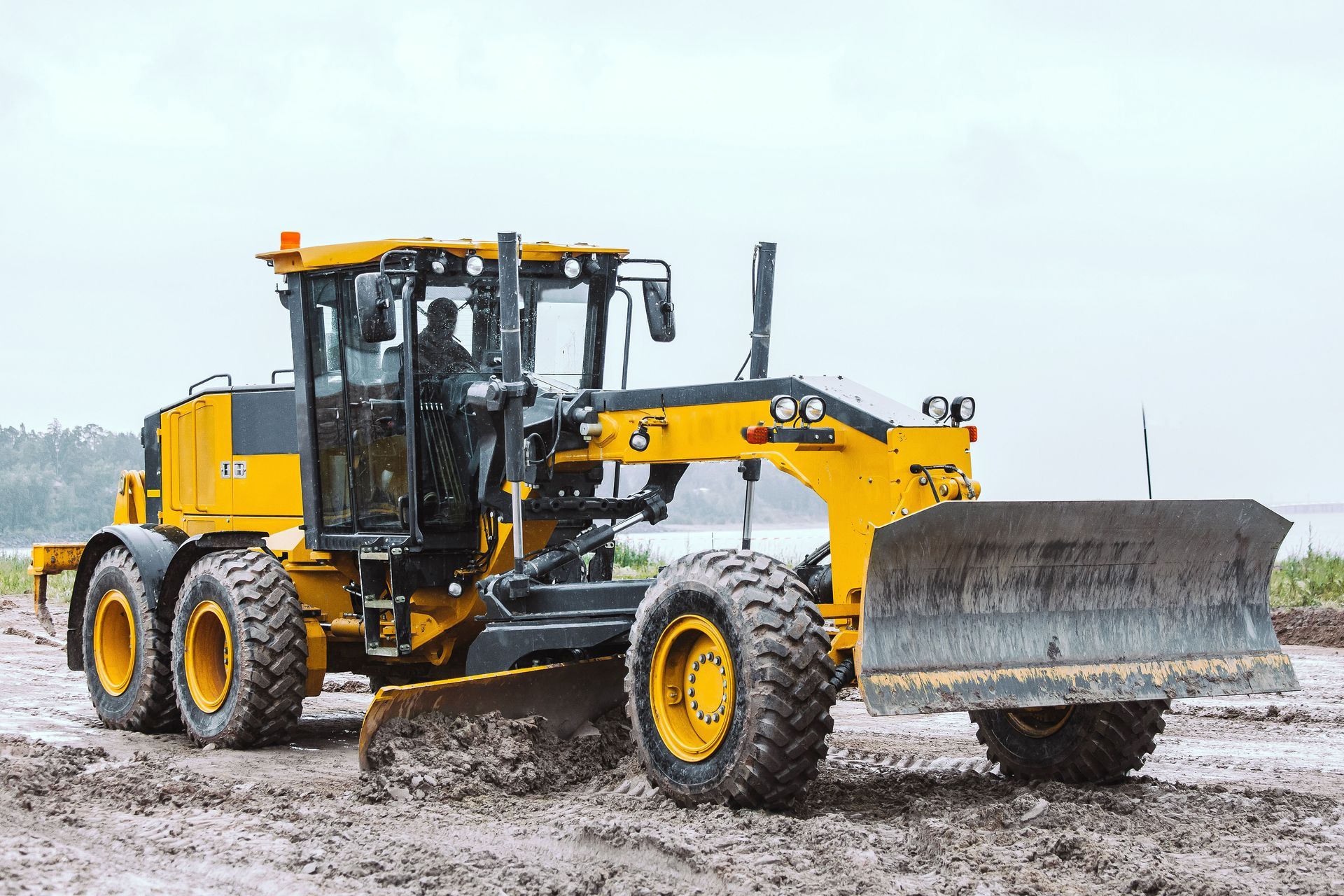
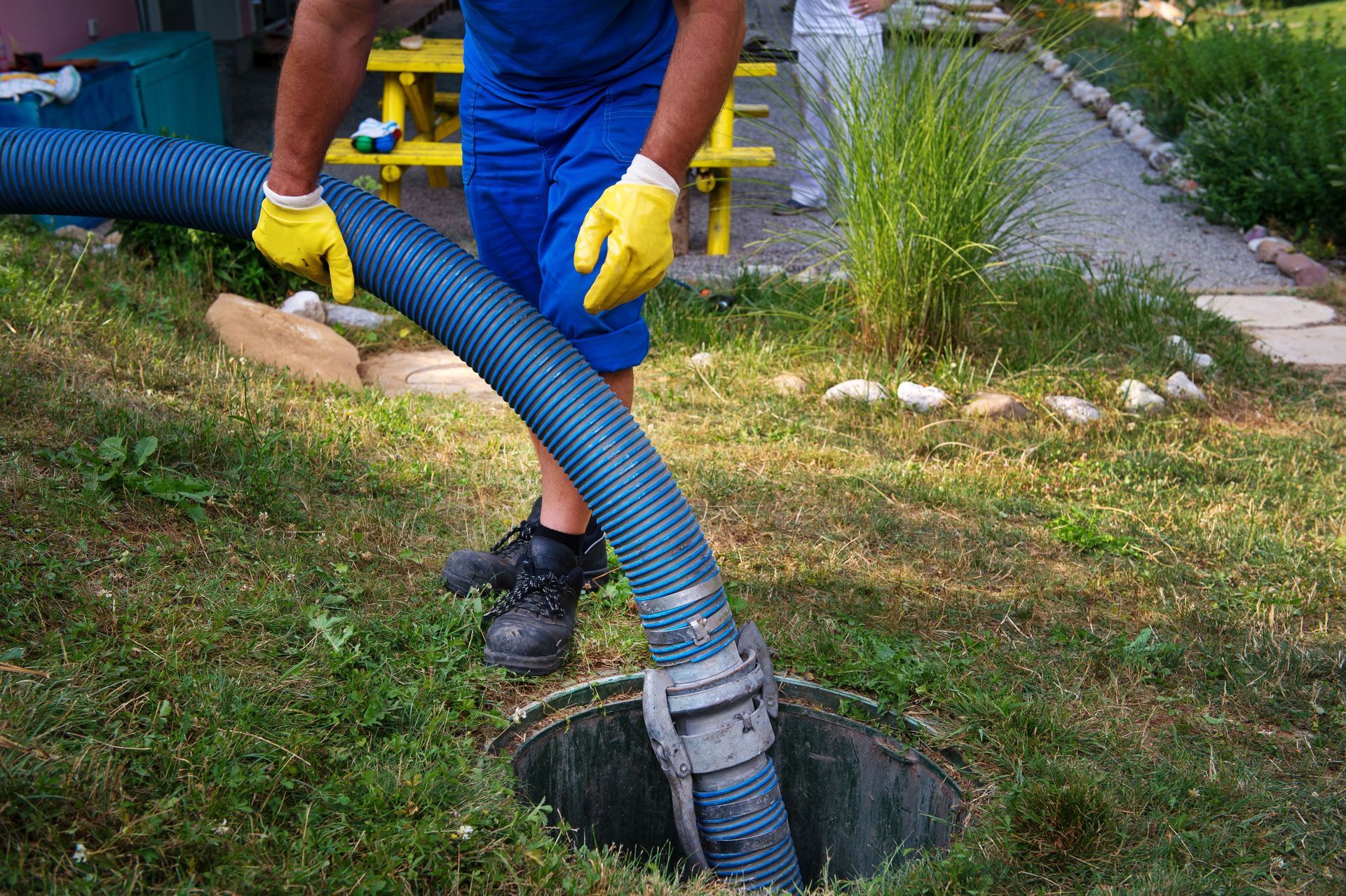
Share On: